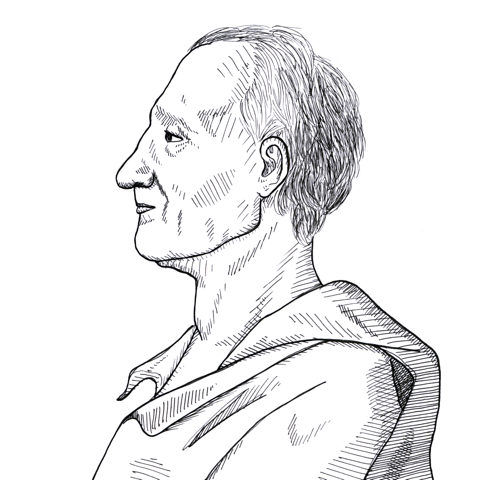
Montesquieu states that the Roman Empire fell because the costs of its military expansion introduced corruption and the loyalty of its soldiers was transferred from the City to its generals (1734)
Found in: Complete Works, vol. 3
Montesquieu argues that the military expansion of Rome led to its inevitable decline by introducing corruption and the transferring of the loyalty of its citizen soldiers from the city of Rome to their generals:
Presidents, Kings, Tyrants, & Despots
The reason why free states are not so permanent as other forms of government, is, because the misfortunes and successes which happen to them, generally occasion the loss of liberty; whereas the successes and misfortunes of an arbitrary government, contribute equally to the enslaving of the people. A wise republic ought not to run any hazard which may expose it to good or ill fortune; the only happiness the several individuals of it should aspire after, is, to give perpetuity to their state.